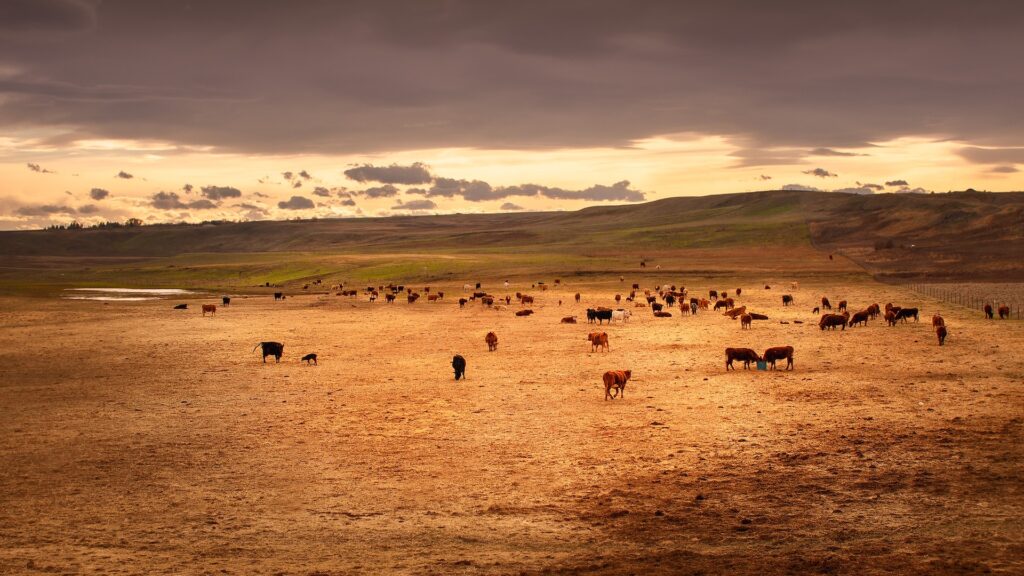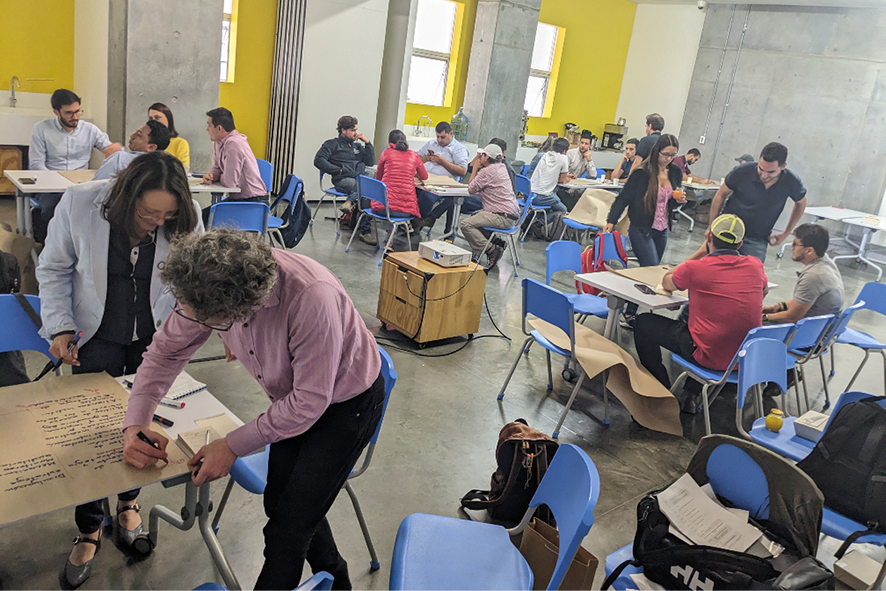As part of my PhD research, I explore how social systems push ecological systems beyond tipping points, using the case of extensive livestock production practices in the northwest Colombian Amazon that is causing deforestation, environmental degradation, and loss of biodiversity.
Expanding pasture areas for cattle ranching by cutting down natural forests has resulted in the loss of natural vegetation cover and ecological damage to the forest. The principal causes of fragmentation, according to the National Environment Ministry, include i) expansion of grasslands for land acquisition, ii) bad practices of cattle ranching, iii) not-planned transport infrastructure, iv) crops for illicit use, v) illicit extraction of minerals, vi) illegal logging and vii) the expansion of agricultural borders in not allowed areas[1]. Cattle ranching is the main driver of deforestation and degradation in the Colombian Amazon. As livestock populations grow in the Amazon region, so does the amount of land needed to grow pastures to feed them, which can compromise the Caquetá and Yarí river basins, where the case study of her research is located.
Since the signing of the peace agreement between the Colombian government and FARC in 2016, there has been a significant increase in efforts to explore and identify opportunities for sustainable livestock and land use in connection with local beef production and consumption in the Colombian Amazon.
In my research, it is imperative to shift away from conventional livestock practices and identify the key players needed to identify and deliver deforestation- and conversion-free livestock supply chains. This will help understand the ”nature-positive” alternatives and reduce deforestation in the Amazon region of Colombia. The need to transform from conventional livestock practices and to understand which actors are essential to work and engage to identify and deliver deforestation- and conversion-free livestock supply chains is crucial.
The “nature-positive” alternatives, preferably, are the ones that seek agricultural production that optimises food production, enhances rural livelihoods, and protects and restores the natural environment. They are the premises behind the regenerative livestock practices. In general, regenerative agriculture practices could serve as an adaptative governance setting that could help to implement a profound transformation needed to meet the challenges of persistent land use changes and rural poverty, aggravated by the growing consequences of climate change.
The data collection was obtained from a series of seminars supported by Focali-SIANI collaboration online and a final in person workshop executed by Lund University during the second half of 2022 in Colombia. My research focused on catalysing collaborative efforts and interregional dialogue for innovation in the livestock sector in the Amazon region. Primarily, I aimed to engage stakeholder perspectives towards integrative solutions and identify key components for transitioning from extensive livestock activities towards a regenerative approach, while exploring for plausible and future emerging bioeconomy opportunities.

